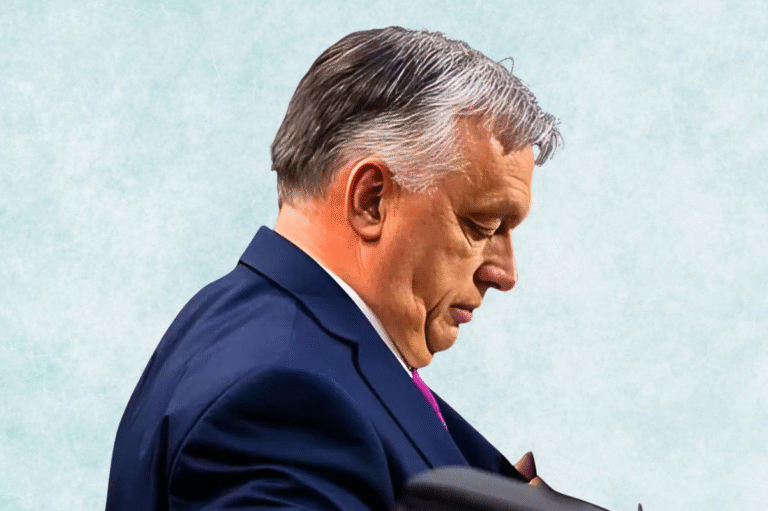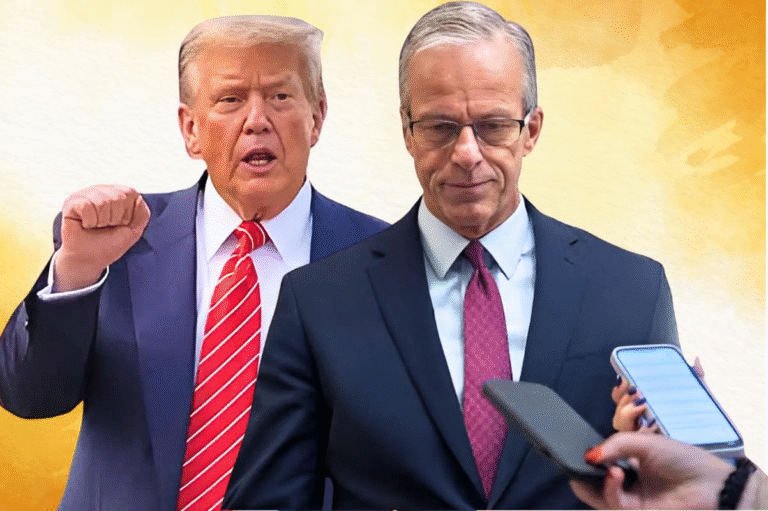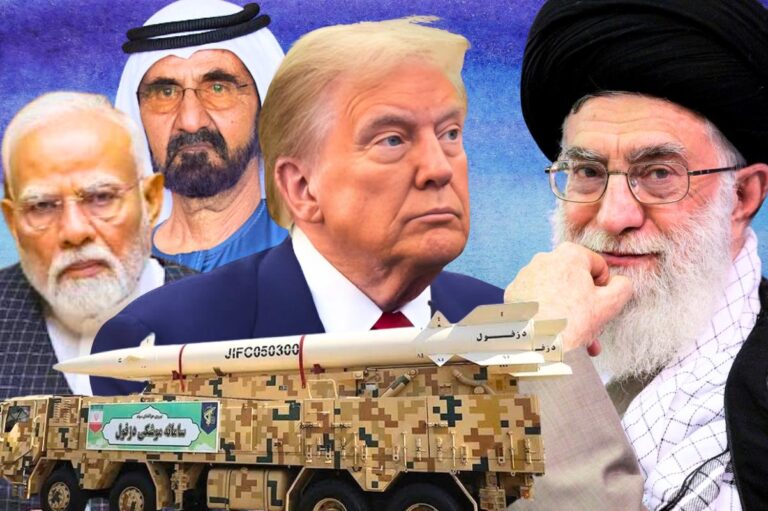Five Experts Debate U.S. Strikes on Iran: Is Washington’s Military Strategy Working?
U.S. Strikes on Iran Spark Expert Clash Over Strategy and Consequences
The recent U.S. military strikes on Iranian nuclear facilities have reignited global debate about the effectiveness and legality of Washington’s Middle East strategy. Five leading military, diplomatic, and policy experts have weighed in, offering sharply contrasting views on whether the strikes represent a wise geopolitical move or a dangerous escalation. As tensions in the Gulf region rise, questions swirl around Washington’s long-term strategic goals and whether these military actions are actually advancing U.S. interests.
Five Experts Debate U.S. Strikes on Iran
On June 21, 2025, the United States confirmed precision airstrikes targeting Iran’s Fordow, Natanz, and Isfahan nuclear facilities. The strikes were carried out in response to threats to national security and Israel’s defense. However, the aftermath of the strikes has drawn international condemnation, with China, Russia, and the European Union warning of potential destabilization in an already volatile region.
U.S. Halts Missile Shipments to Ukraine Temporarily Amid Stockpile Concerns
Former CIA Director Warns of Blowback
Michael Morell, the former acting CIA Director, believes that the U.S. strikes on Iran may temporarily halt Tehran’s nuclear progress, but they could also lead to long-term instability.
““You can’t bomb away ideology or intent,” said Morell in an interview with CBS News. “Iran’s nuclear knowledge can’t be destroyed, and these strikes might only strengthen their resolve.”
Morell argues that Washington’s reliance on hard power over diplomacy will backfire, isolating the U.S. from allies and pushing Iran to double down on enrichment and possibly exit the Non-Proliferation Treaty (NPT).
Pentagon Advisor Sees Strategic Gain
In contrast, retired General Jack Keane, a former Pentagon strategist, views the U.S. military action in Iran as a clear demonstration of strength that bolsters deterrence in the Gulf region.
“Iran must comprehend that crossing red lines has repercussions. Keane explained on Fox News that these strikes were meticulously planned and executed to minimize civilian casualties while simultaneously neutralizing high-risk infrastructure.”
He explained that Iran’s aggressive behavior, including threats to U.S. bases and shipping routes, left Washington with no other option. According to Keane, this response demonstrates not only Tehran’s resolve but also that of its allies, such as Saudi Arabia and the UAE.
Legal Scholar Says U.S. Violated International Law
Mary Ellen O’Connell, a professor of international law at the University of Notre Dame, asserts that the U.S. airstrikes on Iran were not authorized by the UN Security Council and lack a valid self-defense justification under Article 51 of the UN Charter.
“There’s no evidence of an imminent threat. These are unlawful uses of force,” O’Connell said in an op-ed for Foreign Affairs.
She warns that normalizing anticipatory self-defense erodes international legal norms and sets a precedent for future preemptive strikes by other powers.
Iranian-American Scholar Predicts Domestic Fallout in Iran
Dr. Trita Parsi, Executive Vice President of the Quincy Institute, argues that Washington’s Iran policy often misunderstands the internal dynamics of Iranian society.
“Military strikes tend to empower the hardliners and silence moderates. This move gives Iran’s government a justification to suppress dissent and rally nationalist support,” Parsi told NPR.
He cautions that while the strikes may serve immediate strategic goals, they damage U.S. credibility among Iranian civilians and democratic movements in the region.
Diplomatic Analyst Questions Long-Term Vision
Former U.S. Ambassador Ryan Crocker warns that without a well-defined diplomatic response, the U.S. approach to Iran could become reactive rather than proactive.
“What’s the endgame here? You can’t just keep bombing nuclear sites and hope for disarmament,” Crocker stated on CNN.
He advocates for a revival of multilateral diplomacy, including the re-establishment of a framework for a nuclear deal with the EU, China, and Russia, to guarantee long-term security.
Is Washington’s Strategy Winning?
The conflicting assessments from these five experts highlight a critical dilemma: Is the U.S. military strategy in Iran genuinely effective, or is it inadvertently worsening regional instability?
While some perceive the strikes as a decisive act of deterrence, others view them as a step towards prolonged conflict that undermines legal norms and weakens diplomatic leverage. With Iran now suspending cooperation with the IAEA, and regional players like China and Russia amplifying criticism, Washington’s strategy is facing both moral and geopolitical challenges.
Global Fallout and Investor Concerns
Markets have also responded strongly. Brent crude oil surged past $95 per barrel following the strikes, while Bitcoin gained 6% as investors sought safe havens amidst concerns about a broader Middle East conflict. Defense stocks, such as Lockheed Martin and Raytheon, experienced a rise, reflecting the expectation of continued military engagement.
The Biden administration’s next steps will likely determine the broader implications for U.S. foreign policy and security architecture in the Middle East.
Conclusion
The U.S. strikes on Iran have sparked intense debates among experts, including military strategists, legal scholars, and diplomats. The implications of this move on national security and the potential for long-term entanglement remain uncertain.
Policymakers must carefully consider the potential consequences of their next moves, balancing military gains against the risks of diplomatic costs, the erosion of legal norms, and the possibility of further escalation in a region already prone to conflict.






